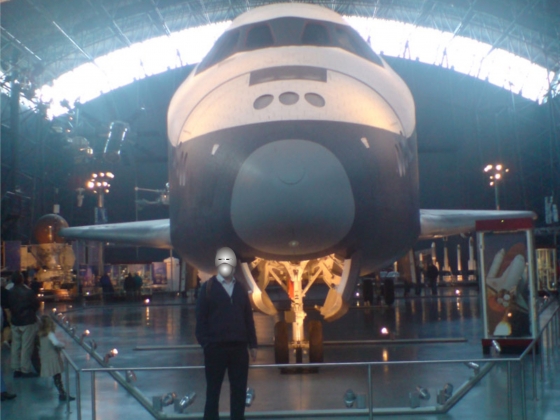With the haunting vocals of The Cranberries’ Dolores
O’Riordan still echoing through my brain (due
to her tragic early death at 46) I learnt of the passing at 88 of a true matriarch of science fiction and fantasy,
Ursula K. LeGuin: one of my favourite authors. At least she had had a long and
distinguished life rather than just a distinguished one. The week ended with
the news of the departure another long-lived icon, Ingvar Kamprad (91), better
known as the founder of the company that starts with his initials IKEA.
There are already many authoritative obituaries reviewing
the life and work of Ursula Le Guin, and
I take the wise path started by Alastair Reynolds of linking to them rather
than attempting my own.
https://christopher-priest.co.uk/ursula
https://www.tor.com/2018/01/24/bright-the-hawks-flight-in-the-empty-sky-ursula-k-le-guin/
What I write now is purely a personal reflection. My path of
reading SF started with E.E. (Doc) Smith purely on
the basis of the Chris Foss covers. However, I soon discovered the grand
old Triumvirate of Asimov, Clarke and Heinlein. During this time I was starting
to appreciate the writing dimension of the work and recognising though I
enjoyed the stories I was reading the writing and characterisation wasn’t in the same league as some of the mundane
fiction I read. I was starting to appreciate the role of style in writing and
had latched on to Roger Zelazny. I cannot remember the first thing I read of Ursula’s. It was probably one of her shorter
works, perhaps The Word for World is
Forest? It was also a process where my reading of SF was beginning to catch
up with what was currently being written,
(given the E.E. (Doc) Smith was first published in the I930’s) though most of
what I read of Ursula’s had been written many years before I got to it.
During my undergraduate studies,
I had little time to read science fiction. I was
very focused on science itself. However, my final year research project
happened after my final exams, and we were not allowed to work very late in the
labs. So for the first time in several years,
I had evenings free. I devoured The Left Hand of Darkness swiftly
followed by The Dispossessed. While I admired both,
I was more taken with The Dispossessed, perhaps because of the
central scientist character. Nowadays it
seems there is more focus on The Left
Hand of Darkness because of its gender perspective. I read virtually all
her published books after that. As
another critic has commented, Earthsea is perhaps her most perfect work.
Reading Ursula propelled me towards a number of
other female authors, including Joan Vinge, Vonda McIntyre, Kate Willhelm, C.J.
Cherryh, Mary Gentle and several more.
Although I had caught and
admired several of Gene Wolfe’s short stories before this, it was Ursula’s
quotation on the back of the Shadow of
the Torturer “Wolfe is so good he leaves me speechless” that launched me
fully into his work. The Book of the New
Sun is probably my favourite piece of SF. Ursula had a unique position not only because
of her excellent body of work but also
because she was a pathfinder and promoter for many other great authors.

